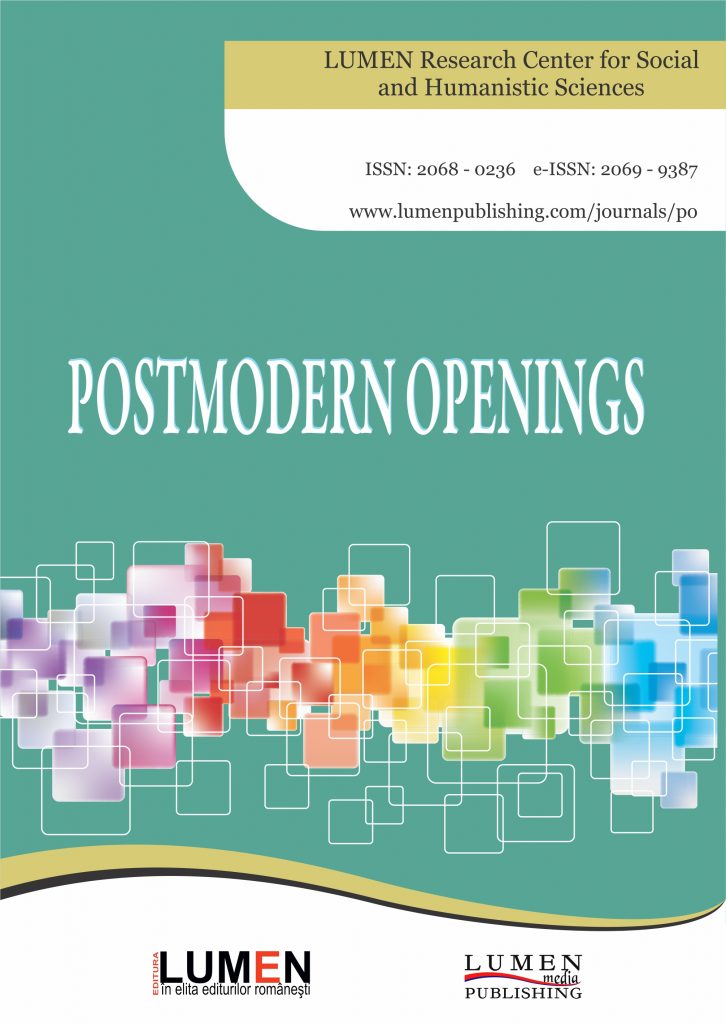Postmodern Picture of Reality of Scientific Knowledge: Evolution by Epistemological Diversity
Postmodern Picture of Reality of Scientific Knowledge: Evolution by Epistemological Diversity
Author(s): Volodymyr Bekh, Alla Yaroshenko, Tetiana Zhyzhko, Vatiliy IGNATYEV, Roman DodonovSubject(s): Social Sciences, Psychology, Sociology, Cognitive Psychology
Published by: Editura Lumen, Asociatia Lumen
Keywords: postmodernism;pluralism;methodology of knowledge;philosophy of science;postpositivism;
Summary/Abstract: The modern world is colorful, diverse, contradictory and not without contradictions. Accordingly, the problems of the modern world are a combination of various problems closely intertwined and interconnected. So, the study of the fundamental foundations of cognition becomes relevant, among which the postmodern methodology stands out as particularly pluralistic, in its development it responded to the trends of the time and was always aimed at solving problems of a particular person, distinguished by the “humanity”, “reality” of thought. Within the framework of postmodernism, representatives of this trend pose problems that are difficult to solve. Firstly, this is due to the fact that postmodernists claim that, on the one hand, speech-discourse constructs reality, and on the other, reality itself determines discourse. Secondly, they emphasize that there is no place for a general theory either in science or in humanitarian studies, while this statement is part of theoretical knowledge. Third, in discussing consumer society, cultural pluralism, postmodernists turn to “realistic ontology”. So, putting forward the thesis that society is a kind of product of discourse, they voluntarily or involuntarily uphold the idealistic epistemology. The ideas of postmodernism can be perceived very differently. A certain number of people may “not accept” the views of postmodernism, depriving its representatives of an essential role in modern philosophy of science.
Journal: Postmodern Openings
- Issue Year: 11/2020
- Issue No: 3
- Page Range: 207-219
- Page Count: 13
- Language: English

